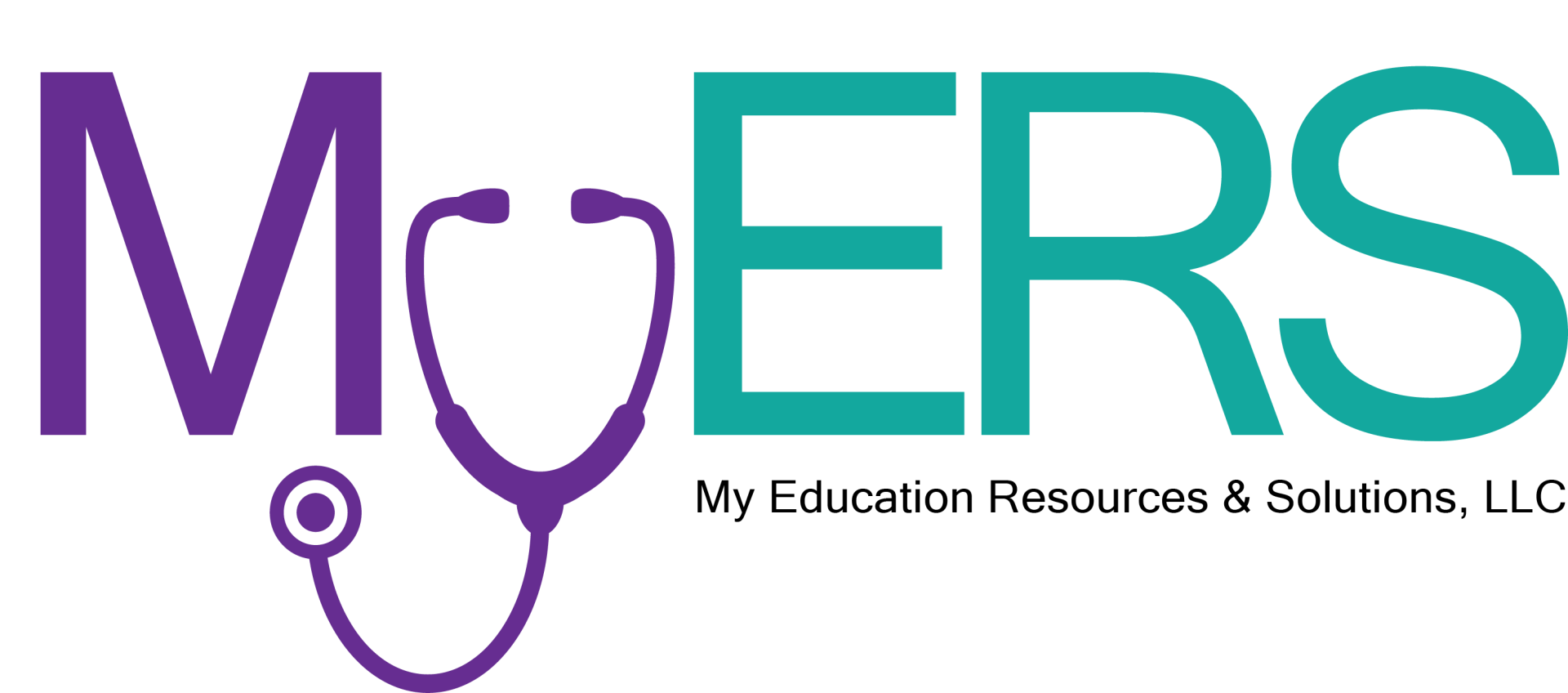Breaking the Burnout Cycle | Recovery and Resilience for Today's Nurses
Feb 26

Breaking the Burnout Cycle
Recovery and Resilience for Today's RNs
As nurses, we've become all too familiar with burnout. Whether you've experienced it personally or witnessed its effects on colleagues, burnout has become a persistent challenge in our profession. However, recent research offers new insights into breaking this cycle, moving beyond basic self-care to build sustainable resilience.
Understanding the Burnout Spectrum
Burnout isn't simply feeling tired after a difficult shift. It's a complex state characterized by:
Recent data indicates that nurse burnout remains a significant concern in the healthcare sector. A 2024 survey found that approximately 60% of nurses report feeling burnt out, with 13% considering leaving the profession entirely. Additionally, a 2023 survey revealed that 66% of nurses believe the nursing shortage is worsening, attributing it to factors such as burnout (66%), poor working conditions (55%), and inadequate pay (51%). Furthermore, a 2024 survey reported that 75.8% of nursing professionals experienced burnout in 2023, with 46.4% expressing concerns about staffing issues.
These findings underscore the critical need for strategies to address nurse burnout and improve working conditions to ensure the well-being of healthcare professionals and the quality of patient care.
The Organizational Component
While individual strategies matter, research increasingly points to organizational factors as primary drivers of nurse burnout. Key contributors include:
This recognition represents a significant shift in how we understand nurse burnout - moving from an individual problem to a system issue requiring institutional solutions.
Recovery vs. Resilience
Recovery and resilience represent two essential, complementary approaches:
Recovery focuses on healing from burnout's effects. It includes:
Resilience involves building capacity to withstand future challenges through:
Both are necessary in our current healthcare environment.
Evidence-Based Interventions
Recent studies have identified several promising approaches:
Individual Level:
Unit Level:
Organizational Level:
Making It Happen
Consider these practical first steps:
Remember, addressing burnout isn't simply about individual resilience—it's about creating healthcare environments where nurses can thrive.
Understanding the Burnout Spectrum
Burnout isn't simply feeling tired after a difficult shift. It's a complex state characterized by:
- Emotional exhaustion: Feeling depleted, unable to give more of yourself
- Depersonalization: Becoming detached from patients and colleagues
- Reduced personal accomplishment: Questioning your effectiveness and value
Recent data indicates that nurse burnout remains a significant concern in the healthcare sector. A 2024 survey found that approximately 60% of nurses report feeling burnt out, with 13% considering leaving the profession entirely. Additionally, a 2023 survey revealed that 66% of nurses believe the nursing shortage is worsening, attributing it to factors such as burnout (66%), poor working conditions (55%), and inadequate pay (51%). Furthermore, a 2024 survey reported that 75.8% of nursing professionals experienced burnout in 2023, with 46.4% expressing concerns about staffing issues.
These findings underscore the critical need for strategies to address nurse burnout and improve working conditions to ensure the well-being of healthcare professionals and the quality of patient care.
The Organizational Component
While individual strategies matter, research increasingly points to organizational factors as primary drivers of nurse burnout. Key contributors include:
- Inadequate staffing
- Documentation burden
- Moral distress
- Lack of autonomy
- Limited leadership support
This recognition represents a significant shift in how we understand nurse burnout - moving from an individual problem to a system issue requiring institutional solutions.
Recovery vs. Resilience
Recovery and resilience represent two essential, complementary approaches:
Recovery focuses on healing from burnout's effects. It includes:
- Rest and disconnection from work stressors
- Cognitive detachment from work concerns
- Emotional processing of difficult experiences
- Physical restoration through sleep and movement
Resilience involves building capacity to withstand future challenges through:
- Professional development
- Realistic optimism
- Purpose alignment
- Supportive connections
- Stress management techniques
Both are necessary in our current healthcare environment.
Evidence-Based Interventions
Recent studies have identified several promising approaches:
Individual Level:
- Mindfulness-Based Stress Reduction (MBSR) programs show a 29% reduction in burnout symptoms when practiced consistently over 8 weeks
- Reflective practice groups that meet regularly reduce emotional exhaustion by 23%
- Physical activity of at least 150 minutes weekly correlates with improved mental health outcomes
Unit Level:
- Peer support programs reduce feelings of isolation
- Realistic workload distribution improves job satisfaction
- Meaningful recognition initiatives increase feelings of accomplishment
Organizational Level:
- Adequate staffing and appropriate nurse-patient ratios
- Streamlining documentation requirements
- Nurse involvement in decision-making processes
- Leadership development focused on supporting staff wellbeing
Making It Happen
Consider these practical first steps:
- Assess your current state. The Maslach Burnout Inventory (MBI) can help identify where you fall on the burnout spectrum.
- Identify your specific stressors. Keep a journal for two weeks noting situations that deplete your energy and those that restore it.
- Build recovery into your schedule. Plan periods of complete disconnection from work, even if brief.
- Connect with colleagues. Establish or join a peer support group at your facility.
- Advocate for systemic changes. Share research on organizational interventions with leadership.
Remember, addressing burnout isn't simply about individual resilience—it's about creating healthcare environments where nurses can thrive.
Contact
-
My Education Resources and Solutions, LLC
-
PO Box 39566
Greensboro, NC 27438 -
hello@myerscomplete.com
-
(336) 988-7076
Become a member
Your gateway to advanced, cloud-based CE solutions.

